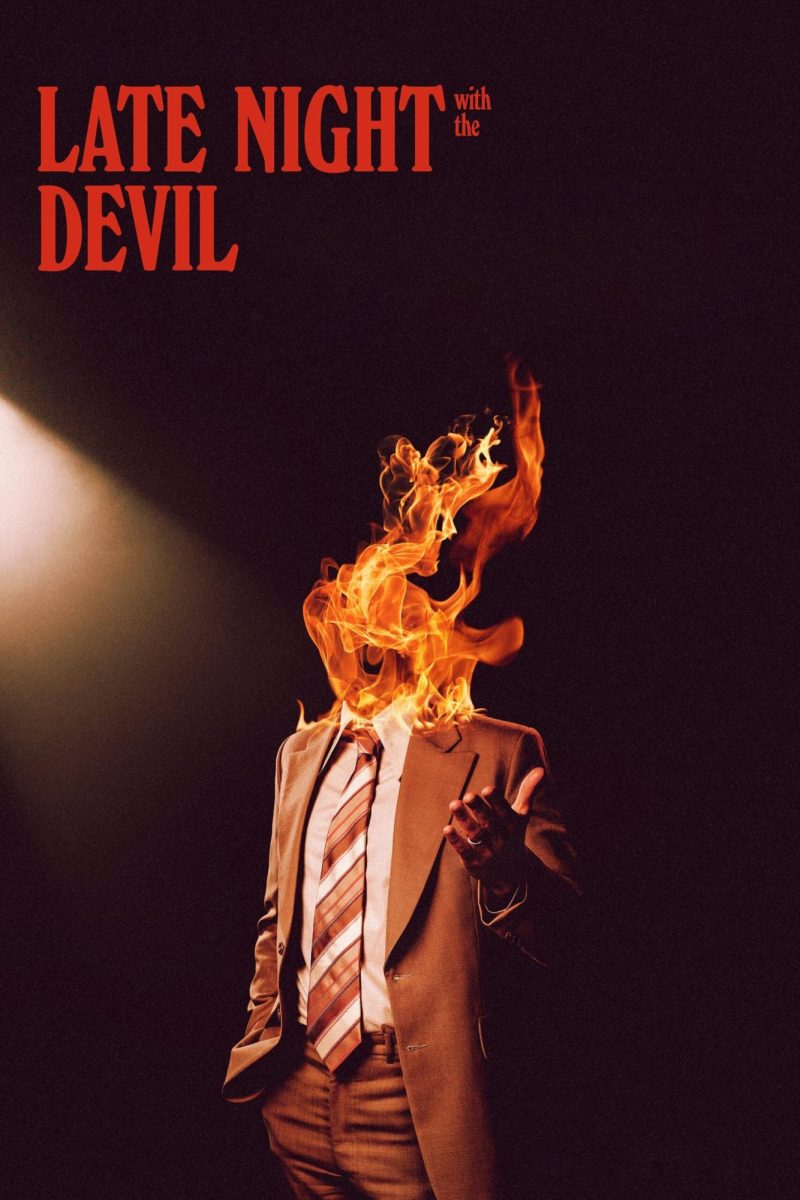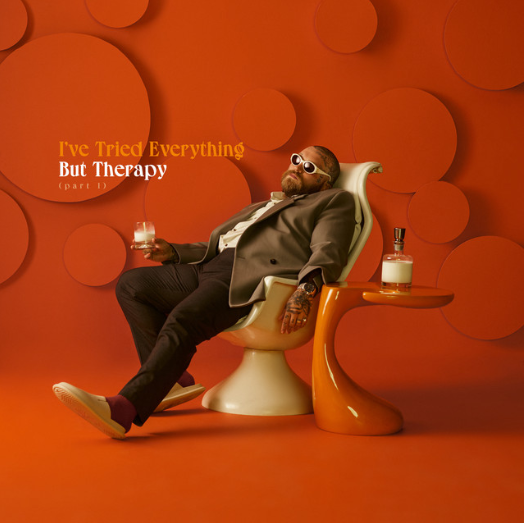There is reason to be skeptical when a band announces that their next release will be a ‘concept’ album or a rock opera. As a fan or listener, you’re generally left with the mentality of “Why is this a thing? Why can’t you make a normal album like your last few records?”
My reaction was no different earlier this year when the New Jersey punk band Titus Andronicus announced that they would be releasing a rock opera titled “The Most Lamentable Tragedy” (TMLT). This album is 29 tracks – 93 minutes split into five acts – and seems like its ambition might be a bit too much to succeed. But succeed it does.
The album’s story follows a character known as “Our Hero.” He meets his doppelgänger, who has his whole life figured out – taking “Our Hero” through many life events and dream sequences, with the whole story acting as a huge extended metaphor for manic depression. As much as I wanted to fight the fact that I absolutely loved a rock opera, I couldn’t any longer. I had given in to the rock opera world, and delved into the specifics of what exactly makes them so interesting.
Titus Andronicus’ first album, “The Monitor,” was a concept album that was loosely based on themes of the Civil War. Because of this, it could make sense that Titus Andronicus would make a rock opera, but at the same time, it still seems crazy. Looking back at past rock operas, which include The Who’s “Tommy and Quadrophenia,” to Pink Floyd’s “The Wall,” to more recent albums such as Green Day’s “American Idiot” and Kendrick Lamar’s “Good Kid, m.A.A.d City,” the common link between all of these is that they’re often loved by critics but polarize fans. Regardless of how many 10/10 scores these albums get, why should anyone care about rock operas? Is there any reason someone should spend considerable time (such as 93 minutes with TMLT) listening to just one album?
In short, yes. This is because these are some of the most incredibly artistic and well-made albums of the past 45 years. The difference between listening to a normal album front-to-back and a rock opera is that throughout the rock opera, you become emotionally invested in the music that is playing. There are characters to be concerned about, events that take place and ultimately a story that comes to a conclusion. The musicians who create these albums can’t just piece together 12 songs and call it a day. Instead, they must not only come up with a story, but also write a whole album that is sonically cohesive while effectively telling the story it set out to communicate.
It’s rewarding to listen to a rock opera, even if at times challenging. In “The Most Lamentable Tragedy,” there are many songs that are either under a minute, longer than seven minutes or have a full minute of silence between tracks.
This isn’t something that is exclusive to Titus Andronicus’ album, many concept albums have songs that dwindle on the longer side – that’s what it takes to successfully tell these narratives. Individually, these songs wouldn’t make too much sense, especially the short, most silent ones. But when it is placed within the whole album, it becomes a cog in this big, beautiful machine. It turns listening to a record into an experience that is just as much listening to music as it is following a story, similar to watching a movie or stage production unfold before your very ears.
As long as rock operas are around, they will receive flak and have unavoidable losses of listeners along the way, simply because some people do not want to put any work into the music that they listen to. This is simply a weeding out of fans who wouldn’t fully appreciate the art, time and hard work that goes into these albums.
Titus Andronicus has a unique saying, which is also their band slogan: “Titus Andronicus Forever.” I say along with that, “Rock operas and concept albums forever,” because as long as they’re around, the boundaries of music will continue to be expanded and tested.









Joseph • Sep 1, 2019 at 9:22 pm
Can’t believe you left out Nickelback’s “All the Right Reasons”. Trash writer here, clearly.